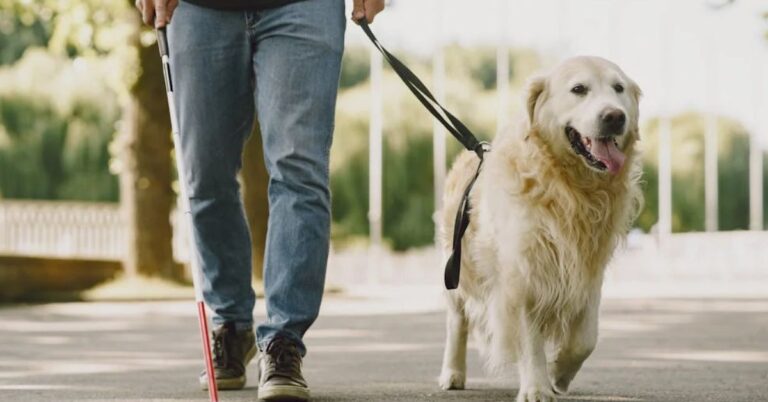Understanding Hospice Care for Your Beloved Dog

Having a dog is a joy like no other, but when it comes to how to take care of them in their final days, it can be difficult. In that situation, hospice care is your answer. This option supports pets and their families during end-of-life stages. It can be the emotional and mental support they need. Here are 15 reasons to help you decide.
Focus on Comfort

One thing you need to note is that hospice care is about comfort and not cure. Unlike traditional veterinary care, the goal shifts towards improving quality of life. It includes things like emotional support and ensures your dog remains as happy and comfortable as possible during their final days.
Pain Management

The end of life can be painful. That’s why pain management is central to hospice care. Since every dog is different, veterinarians assess your dog’s needs to create a tailored plan. Medications and therapies can significantly alleviate discomfort, allowing your dog to enjoy daily activities.
Emotional Support

During a time like this, emotional support becomes vital for both you and your dog. Dogs can sense changes in their surroundings, making companionship that much more important. In hospice, spending quality time with your pet, offering affection, and being present creates a sense of security and love.
Home-Based Care

Home is where the heart is, especially for pets. Hospice care providers can offer their services in the comfort of your home. This familiar setting reduces stress for your dog, allowing them to relax in their favorite spots. The comfort of home helps them feel safe and secure.
Regular Vet Check-Ups
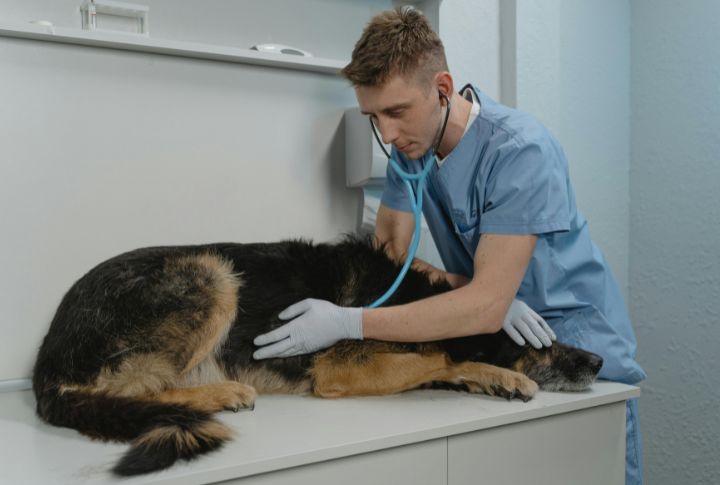
Even with hospice care, ongoing evaluations are important to meeting your dog’s needs. Regular veterinary check-ups play an important role. This proactive approach helps your dog adapt to their care plan, addresses any new concerns, and ensures they remain comfortable during their final days.
Nutrition Matters

When your dog is in its last days, special diets may be necessary to accommodate your their health needs. Getting hospice care will help establish a nutrition plan that keeps your dog well-nourished while being easy to digest. Proper nutrition aids in maintaining their strength and comfort.
Specialized Services
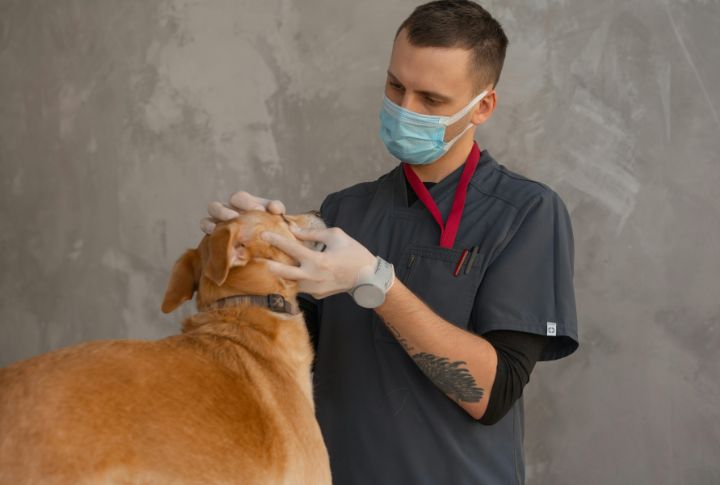
Again, every dog is unique and so are their needs. Keeping this in mind, many veterinary clinics offer hospice programs that focus on palliative care. These programs provide expertise and resources for managing your dog’s condition, ensuring they receive the specialized support needed for a peaceful transition.
Signs of Aging

As they grow, dogs may lose energy and give up on their usual behavior. That’s why understanding the signs of aging is essential. Recognizing changes in behavior, mobility, and appetite helps determine when hospice care may be necessary. Pet owners can observe these signs to take timely action.
Grief Support for Owners

We all need support during tough times, and grief support is vital for owners. Losing a pet is emotionally challenging, making it essential to seek support from friends, family, or professionals. Some hospice programs offer that support. Sharing experiences and feelings helps honor the bond shared with your dog and also helps you.
Creating a Peaceful Environment
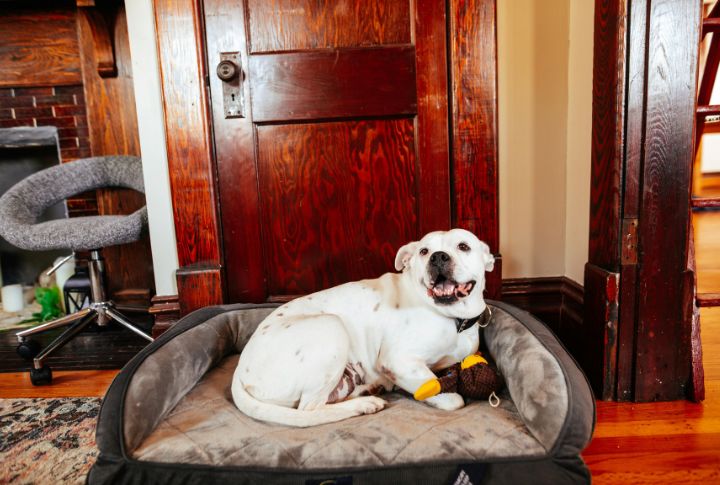
The last days of your dog’s life can be tough. In those moments, creating a peaceful environment is a good idea. Soft bedding, familiar toys, and gentle lighting contribute to a calming space for your dog. Hospice help will take care of those tasks so you can be with your best friend.
Respect Your Dog’s Choices
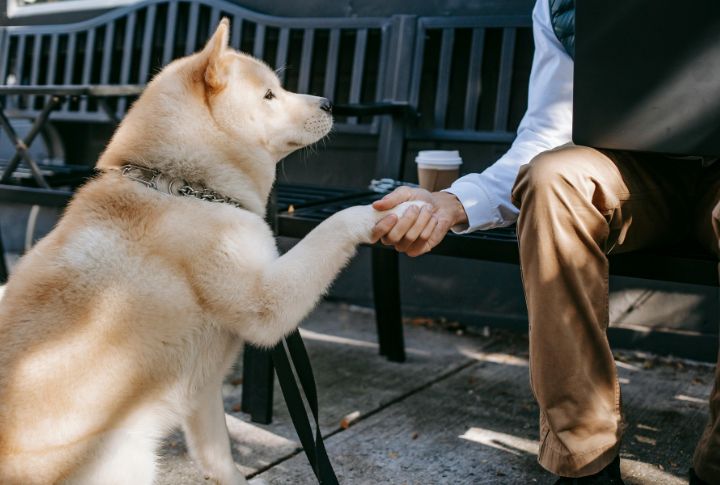
While they may not be able to say it in words, dogs will always show you what they need. Respecting your dog’s choices is key. Pet owners need to let them express their needs and preferences at this time and hospice professionals can identify these needs and make decisions accordingly.
Pet Memorialization

A dog’s life needs to be celebrated. Paying tribute to your pet with a photo album or a memory box lets you honor your dog’s life and the joy they brought. These mementos turn into cherished reminders of your time together, providing comfort in your grief and something that your hospice care will help you with.
Maintaining Hygiene
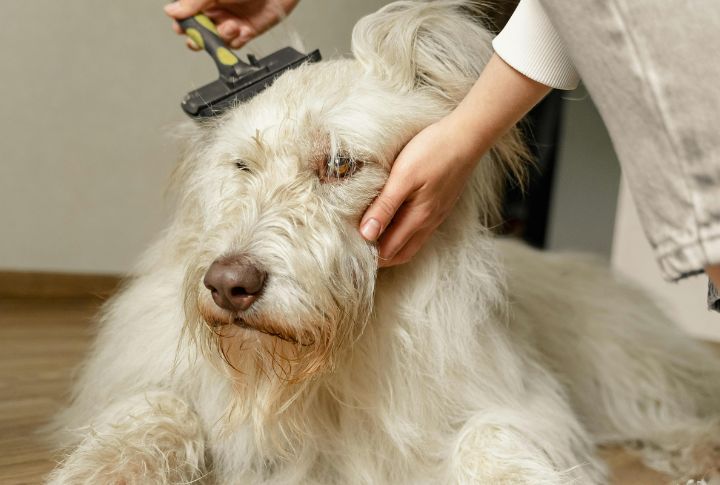
Hygiene is of utmost importance during end-of-life and essential in hospice care. To ensure that your dog is comfortable, regular cleaning and grooming is something hospice workers take care of. All of this contributes to their overall emotional well-being, fostering a sense of dignity during this time.
End-of-Life Options
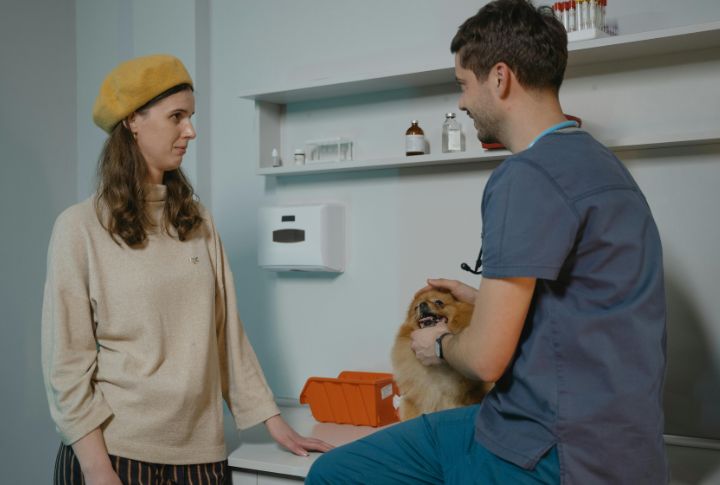
Most people aren’t aware that end-of-life options vary. Families can choose between in-home euthanasia or veterinary office visits for this difficult decision. Both options provide distinct comforts for you and your dog. The one you select depends entirely on you and is something your veterinarian can help you understand.
Educating Children
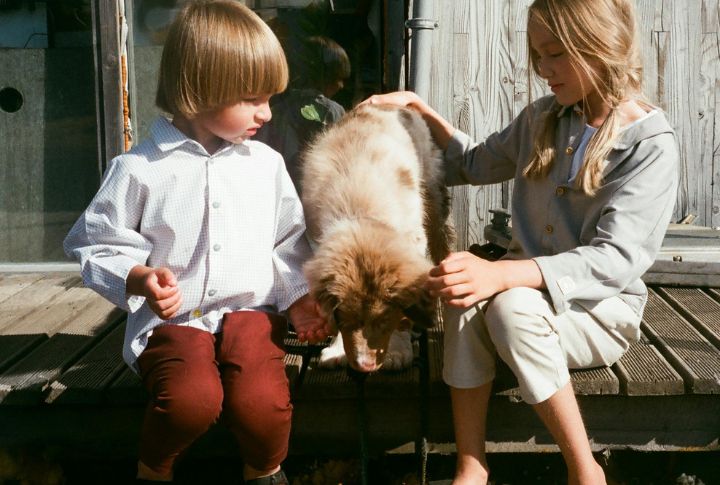
Research indicates that discussing pet health with children eases their emotional burden during tough times. Open conversations help them understand loss. Involving kids in routines like gentle petting and sharing memories fosters compassion, creating a supportive atmosphere for the entire family as they go through hospice care together.
Financial Considerations

Your pet’s life is priceless. However, financial considerations are important in hospice care. Depending on the services required, your cost will vary widely. It’s essential to discuss financial aspects with your veterinarian, ensuring you have a clear understanding of the expenses involved and helping you plan within your budget.
Veterinary Hospice Education

When it comes to veterinary hospice education, having the right information is essential. Plenty of resources exist for pet owners thinking about hospice care. By researching trustworthy sources, like veterinary associations, you can better understand the options and services available, empowering you to make informed decisions.
Compassionate Communication

During difficult times like this, it is important to have compassionate communication, and vets understand this. Open conversations with your veterinarian about your dog’s condition help you understand the decision-making process. Discussing concerns and preferences together will help you make the best decision for your pet and yourself.
A Rewarding Decision

The decision for hospice care can be rewarding. Providing end-of-life care allows you to express love and gratitude to your dog. Focusing on their comfort and happiness can create a peaceful, fulfilling experience, allowing both of you to cherish every moment together and make your last memories.
Quality of Life Assessments

If you’re considering hospice care, veterinarians typically conduct quality-of-life assessments to help guide your decisions. These assessments evaluate factors such as pain levels, appetite, and mobility. As you keep an eye on these indicators, you and your vet can collaborate to prioritize your dog’s comfort and well-being.



